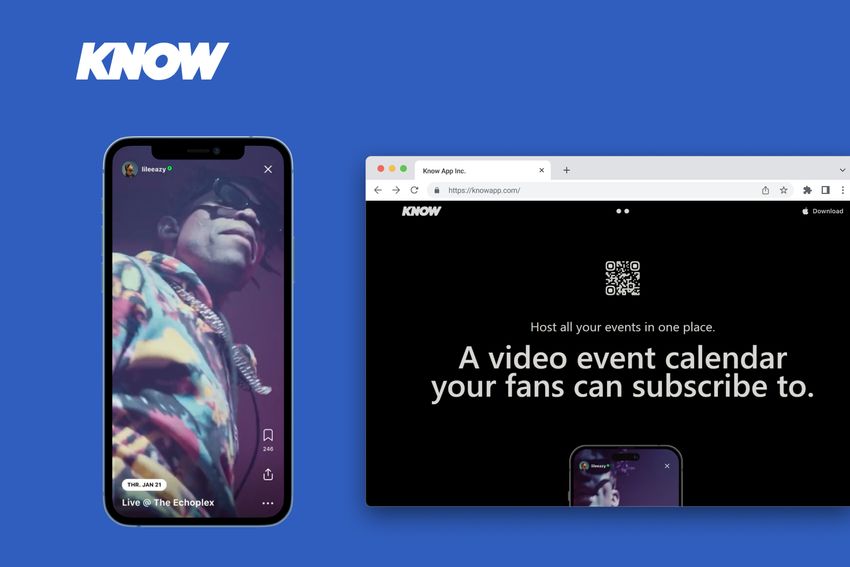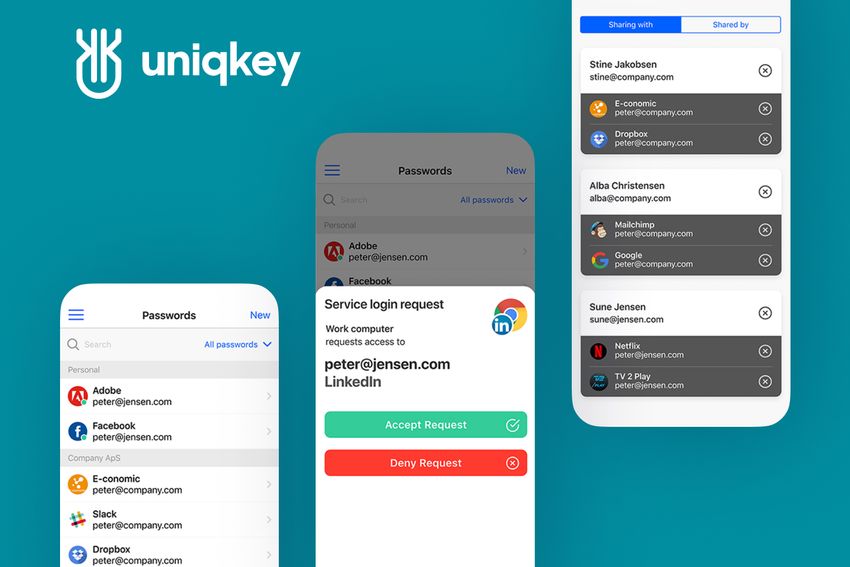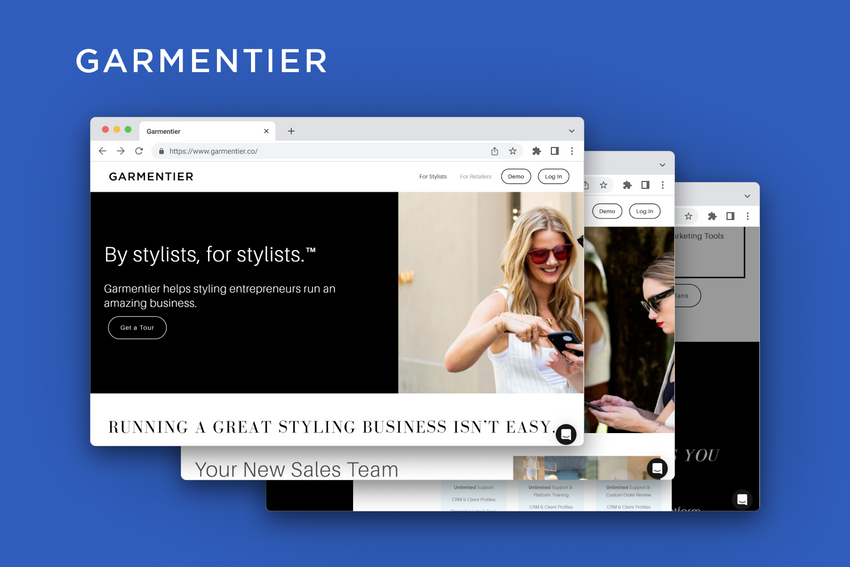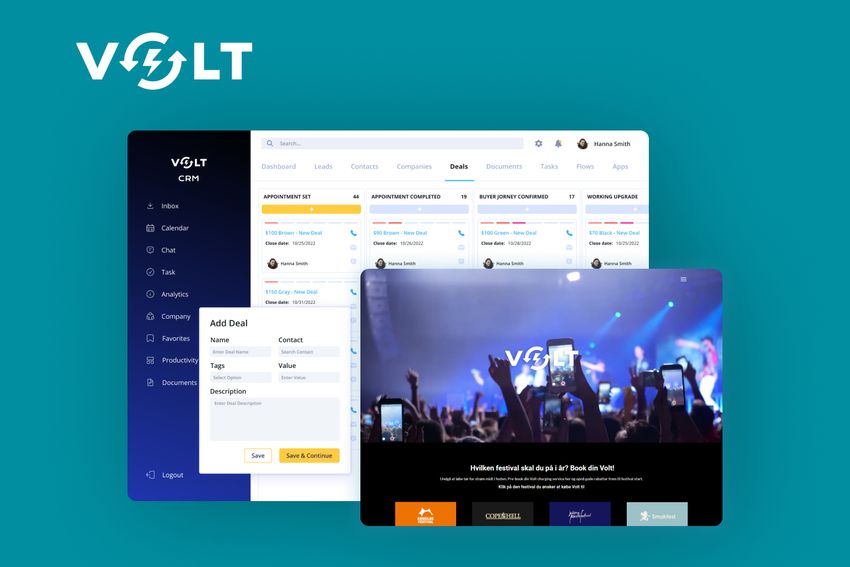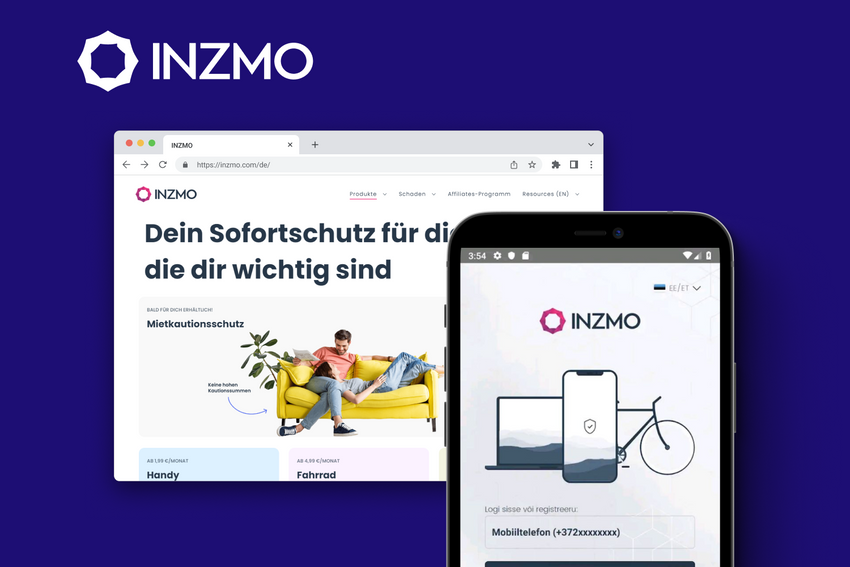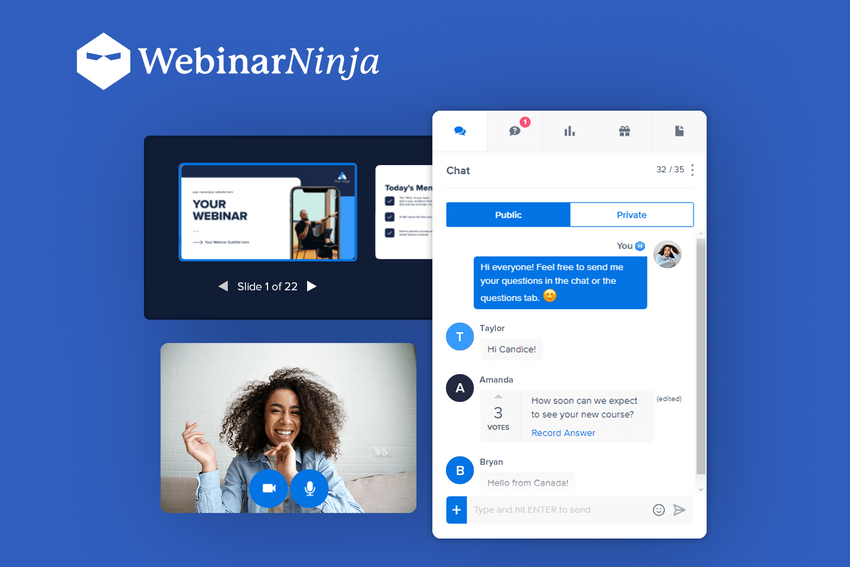Custom B2B Web Portal Development: the Why and the How
A complete guide to modern B2B web portals.
The research by Gartner states that by 2026, 80% of all B2B sales will be held online. Similar predictions, as well as the overall trend toward digitalization, motivate entrepreneurs to pursue web portal development and create a digital space for businesses to conduct transactions with other businesses.
Millennials are allegedly responsible for the shift from e-mailing and phone calls to the sophisticated technology of web portals. Be they our saviors or not, the reality is that B2B business owners are no longer confined to the legacy system.

And just as always, every time a progressive idea starts to gain traction, skeptics appear out of nowhere. "There is no use in going all out and building a special portal," they say condescendingly. "A usual website fulfills all the same functions." Thank you and good bye, dear skeptics.
We can surmise that this idea stems from their misunderstanding of the concept of a web portal. For this reason, before we learn more about web portal development, their types and benefits, we’ll first resolve the confusion and briefly elaborate on the idea of a web portal itself.
What Is a Web Portal?
In a nutshell, a web portal is an online platform, the contents of which are accessed by users via unique logins and passwords. Authentication is the most important step for a portal, as it helps to reach its primary goal: providing every user with personalized information. Traditional websites, on the other hand, present unified information to all users.

You’ve probably noticed that the news about the topics you enjoy the most pops up first once you’re logged in to your account on Yahoo. The reason is that it’s a web portal, and it derives data from different sources to make you feel seen, heard, and valued.
We can bet that you’d be happy to bring the same experience to your customers, even if the customer is not a single person, but another company.
What Is a B2B Web Portal?
One of the classic B2B portal examples is Alibaba. Once you’re logged in, you’re presented with a fully personalized storefront.
The concept of B2B web portals can be understood by simply deciphering the abbreviation, which stands for Business-to-Business. Hence, these are online platforms that allow for the exchange of products and services and the sharing of information between two enterprises, as opposed to Business-to-Customer (B2C) portals where companies cater to the needs of individual customers.

The idea of "other business" is too vague, right? So before proceeding with the B2B portal development, it’s necessary to determine exactly who your customer is.
The end users of your portal can be the following: producers, resellers, governments, and institutions.
1. Producers
These clients will buy the products from your B2B platform and use them as intermediate goods for the production of their own. It can be restaurants that purchase meat or publishing companies that buy your layout design services.
2. Resellers
Resellers wholesale your products and resell them in their own shops. Having your brand sold at famous marketplaces can have a significant impact on your bottom line and improve your brand awareness.
3. Institutions
This type of customer includes healthcare, educational, religious, or other non-profit organizations. It’s essential for them to buy quality products or services at a lower cost, and for you to keep updated on those products they’re in dire need of.
4. Governments
Surely, the government is the biggest client you can gain attention from. It shouldn’t necessarily be the local one, but you can sell overseas as well.
Each has its own peculiarities. For example, working with governments or institutions might entail additional red tape and licensing.
On the whole, having another business as a customer is not the easiest task in and of itself. Usual call-to-action buttons won’t work on them, and it will take longer to build trustworthy relationships as their decisions are usually rendered by a group of people and carefully calculated.
This being said, knowing your target audience can greatly ease your life by helping you set the right marketing strategy and adjust business plans to the demands of a particular audience. Surely, some portals can be tailored for a broad range of clients; some serve only one. For example, napkin manufacturers can find retailers, institutions, and governments as their customers.
Need Help With A Project?
Drop us a line, let’s arrange a discussion
Now that we've started figuring out the prospective audience for your future portal, we can learn why going with a B2B portal development is the right choice for this type of business.
Benefits of Custom B2B Web Portal Development
The initial purpose of any web portal development is to deliver each client an impeccable online experience and, of course, gain profit. Let’s get a closer look at how web portals can make it possible.
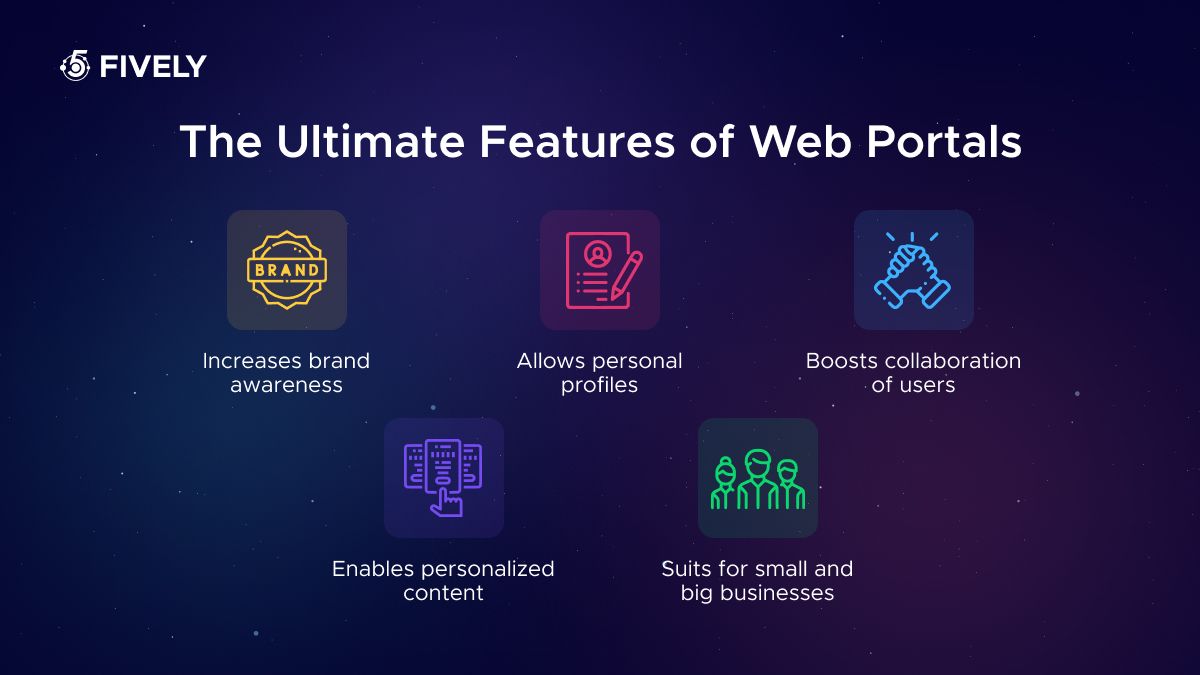
Customization of data
If you happen to doubt it, companies want to see only the relevant information, just as well as individual customers. And even though their final decisions are not emotionally driven, they’re striving to get a good bargain as, most of the time, their finances are limited.
At the end, it’s a human being who is representing a company and using your web portal, and whose attention can be won with special offers and pricing options. So, B2B sales portals enable you to offer customers the products that are best suited to their needs and budget.
Thus, it turns out that a custom web portal is the best way to make your business truly customer-oriented.
But customization is not only about eCommerce. B2B web portal hosts can add FAQs, and other features for the use of a particular customer. Moreover, if built by an experienced B2B portal development company, one web portal can serve a number of domains to cater to the needs of diverse clientele, so that each of them will be presented with individual materials.
Transparency
The cornerstone of every successful B2B company is allowing your partners to have their fingers on the pulse. And another big advantage of a B2B portal is that it enables vendors to provide every client with information about their orders, transactions, shipping status, and invoices—all in one place.
Besides, web portals can be reached via the internet through any device, which means all the parties can constantly monitor the situation and analyze their data in real-time.
Cost-efficiency
B2B self-service portals allow you to provide all clients with the latest updates on products’ descriptions, prices, and, of course, documentation. Thus, with all the pertinent information in the users’ hands, you can get rid of redundant support workers who would answer the endless flow of similar routine queries.
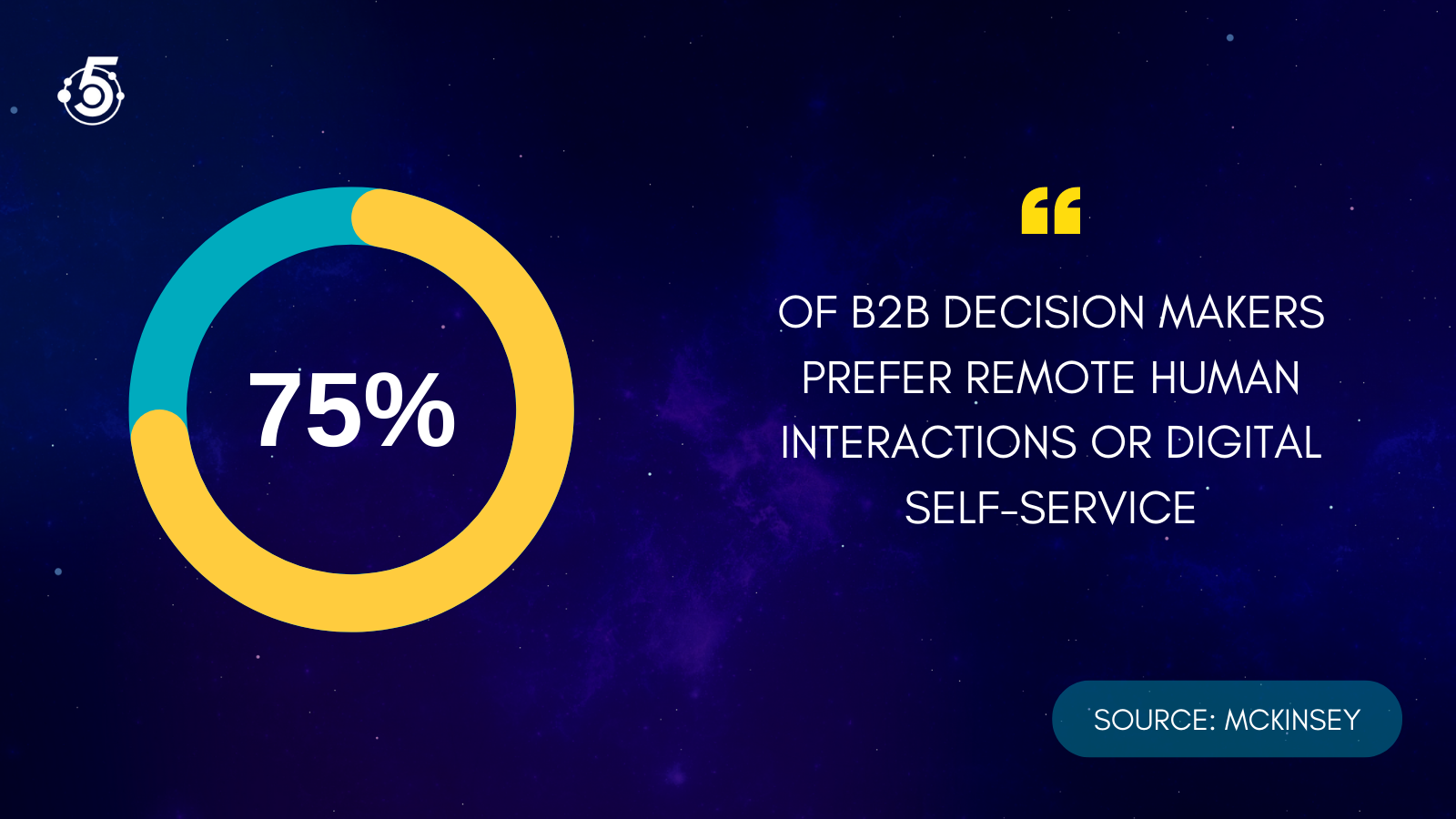
A portal with self-service features is always a win-win deal: clients quickly find answers to their questions, and you can keep your support team small and focused on really important matters.
Improved Analytics
With various integrations available for a B2B portal, vendors can easily keep updated on the products or services that are currently in demand or unpopular with clients.
According to the data, you may introduce discounts, understand your business objectives, and fine-tune your marketing strategies to eventually increase your revenue.
Types of B2B Portals
Actually, there are many types of web portals, and B2B ones are a major part of the classification. In turn, B2B portals are further subdivided according to their functionality. So, our next stop is the various types of B2B web portals and their characteristics.
But wait. Before we set off, it’s important to mention that one and the same B2B web portal can combine the purposes and functions of several types.
Actually, this is the core of custom software development: building a unique product that works for a particular business, even if it doesn't conform to conventional models.
And now, the types...
B2B Customer Portal
Well, we’ve already mentioned that at the center of every web portal is a customer and their needs. As a result, almost any B2B web portal can fall into this category.
On the whole, clients turn to a B2B customer portal every time they need to check their personal information connected to the company, be it an order history, special working arrangements, or payment preferences.
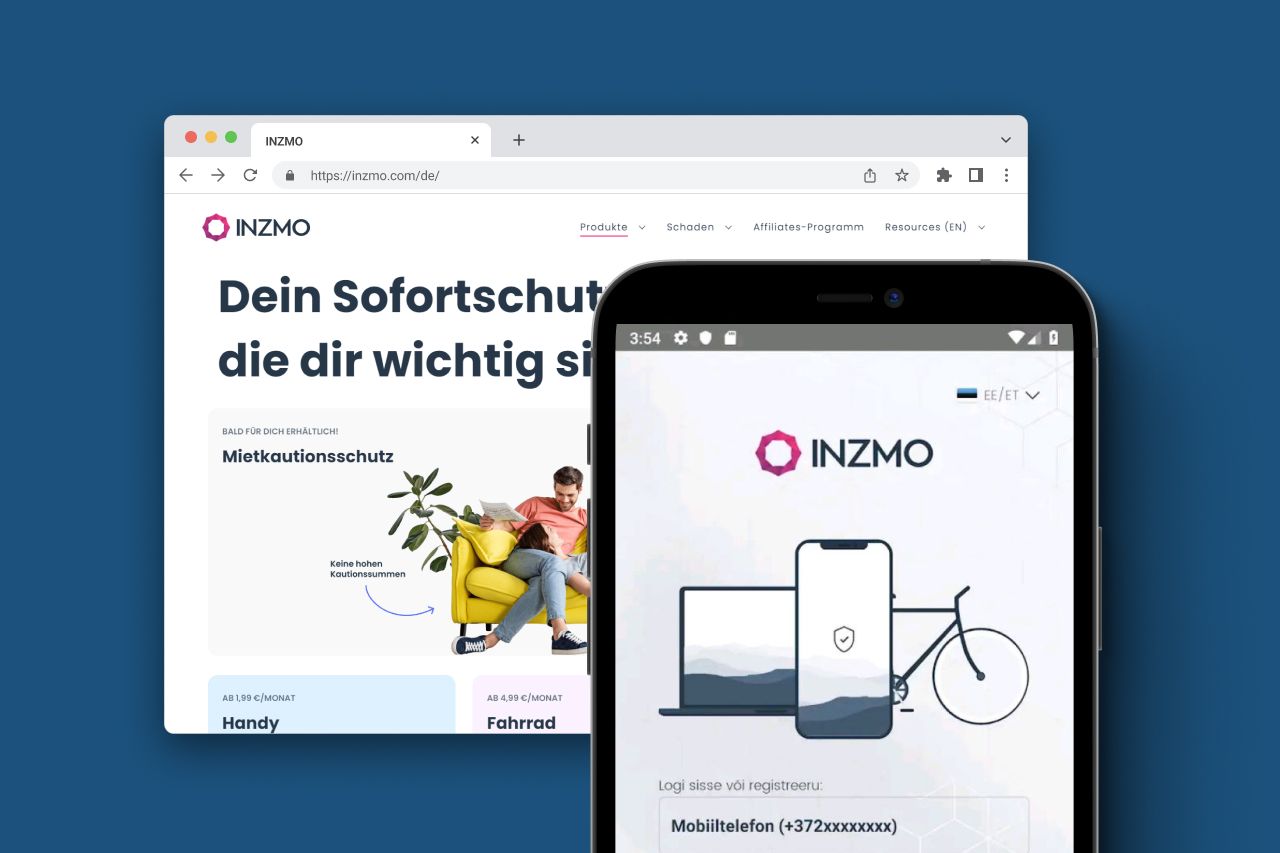
Customer web portals serve a bigger goal than simply the storage of the data, and that goal is building post-sale customer relationships. It’s the new approach towards establishing an excellent rapport with clients in the long run. Some customer portals for B2B provide users with the opportunity to check their personal history via a visual dashboard, ask for feedback, and keep in touch with them through notifications.
These techniques aim at customer retention, and when your services will be needed again, a client will probably resort to your web portal as if you were an old and reliable friend.
B2B eCommerce portal
Ecommerce is one of the fastest-growing fields by itself, but B2B was one of the slowest to adopt it. Triggered by the world pandemics, B2B began to digitize and conduct sales in the online realm.
Incrementally exploring the convenience of the new approach, B2B eCommerce businesses found out about some of its pitfalls: the lack of security and the need for automation. Despite ostensibly appearing to be insurmountable, both of the problems are easily solved if B2B eCommerce portal development is left to the connoisseurs of software.
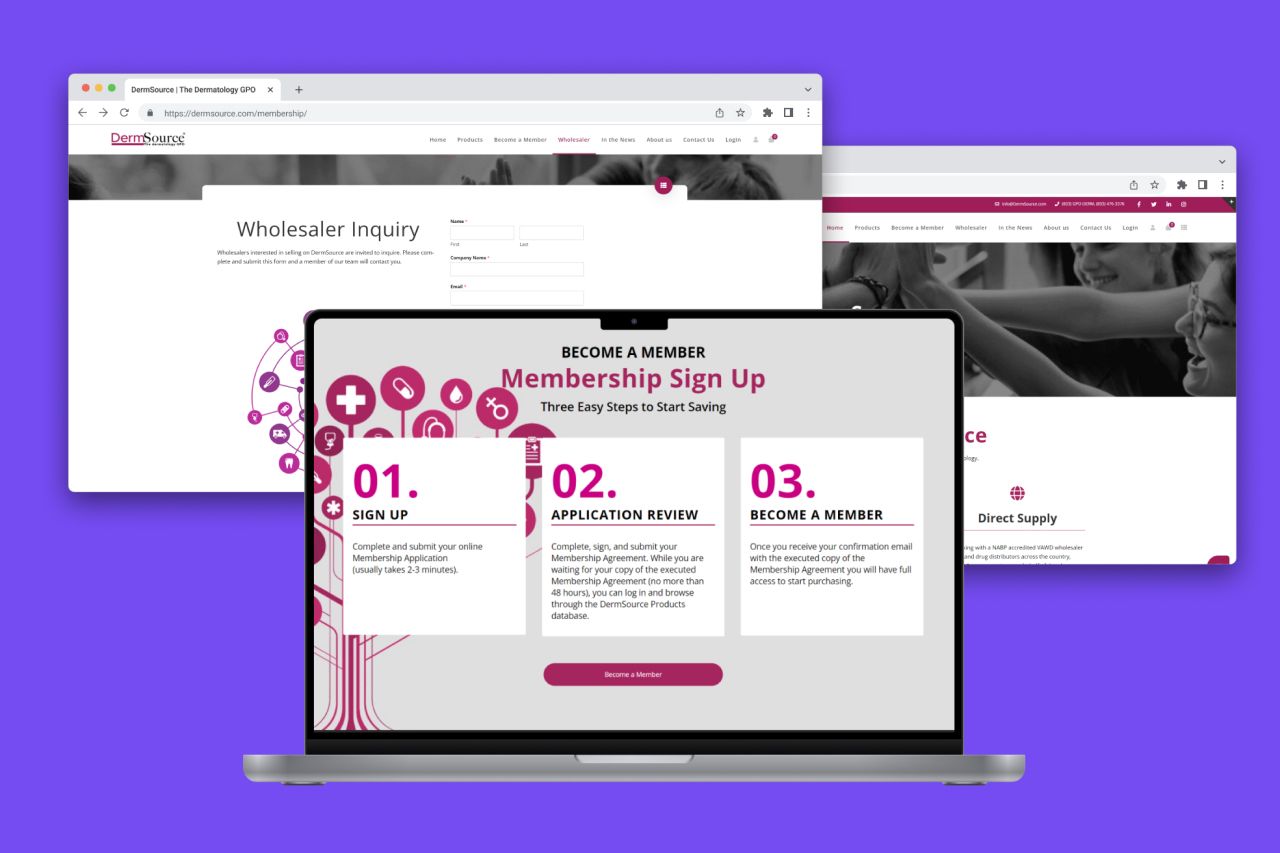
The first problem can be addressed by modern cybersecurity tools. For example, if the web portal’s data is encrypted with a 256-bit key, the information exchange between a browser and a server is kept protected, and there is no need to worry about leakage.
As for the second problem, modern B2B sales portals can deal with it too. Clearly, B2B transactions are never about one or two boxes of goods but involve large quantities of a product. That is why it is critical to keep the calculations precise and the product quantities transparent.
B2B eCommerce portals can feature automated inventory counts and notifications about the number of goods in stock. Moreover, all the invoices and checks can be handled automatically, which will unburden the workers who would collect invoices and cross-check payments manually.

Of course, you need to make sure that all the specificities of transaction and payment systems for this kind of business are considered before creating a B2B marketplace, but let that not frighten you. Keep in mind that all the inconveniences can be alleviated if approached correctly.
B2B Vendor Portal
Vendor portals are of crucial importance for every B2B business that works with multiple suppliers. It’s essentially a single shared source of information for the companies that are involved in mutual business operations.
This type of web portal is the platform where suppliers register to keep track of the amount and types of services or products they provide to a company, and the company, in turn, keeps an eye on the operations conducted with each of the suppliers.
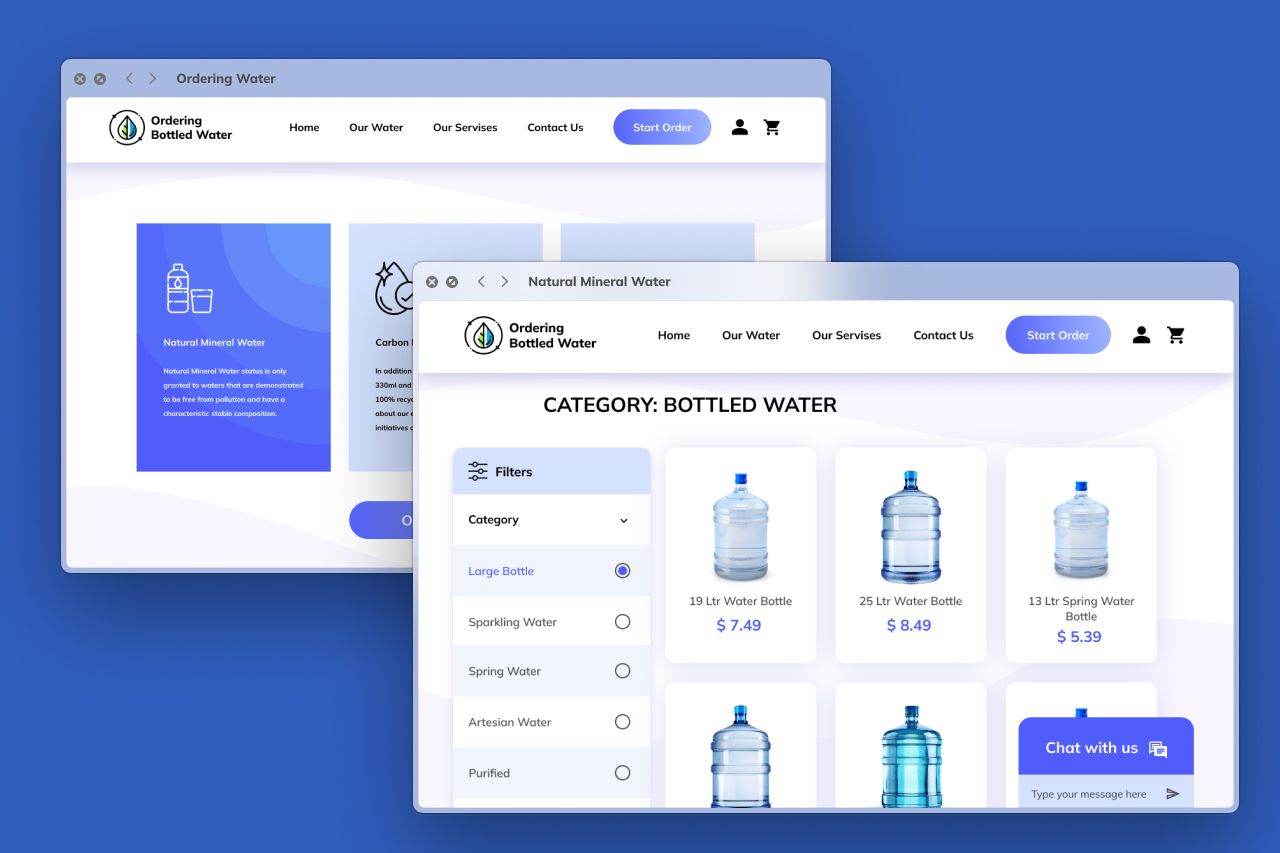
B2B vendor portals can also become an aid to automating processes. Usually, businesses manually send purchase orders to suppliers via email. Doing so, they can’t be sure that a supplier received it, which is not only annoying but of the utmost importance if you’re pressed for time.
Here is the solution: a B2B vendor portal can be implemented into the company’s ERP system so that purchase orders are issued automatically and a supplier’s confirmation status is visible.
With the B2B vendor portal, businesses and suppliers can see the expected delivery dates, prices, and, literally, everything pertinent to their purchases in its most fresh and updated version.
B2B Travel Portal
B2B web portal development is not a novelty for the travel industry. These ones are built for travel agencies to leverage the power of the internet for the effective booking of flights, accommodations, cars, and everything else revolving around traveling.
A lot of entrepreneurs go for B2B travel portal development as it’s cost-efficient for all the parties involved. These platforms make it possible to give travel agents from all around the world access to the global inventory of housing and transfer providers. Thus, provide travelers with the most attractive plans for their trips.
Custom B2B Portal Development Process
There are three ways to create any software product:
- Build it yourself (be ready to sacrifice years for profound computer studies).
- Use a ready-made solution (a neat way to blend in with the rest of the run-of-the-mill products, though cheap).
- Hire a web portal development company (the choice of every exceptional and splendid product lover).
All jokes aside, even though the upfront costs of a web portal built from scratch are higher, the profit gained from the satisfaction of clients will recoup the initial investments in no time.
In our opinion, it’s a matter of horses for courses. The last option is exactly what you need if you don’t wish to burden yourself but instead put the responsibility of high quality B2B web portal development on the shoulders of experienced software engineers at Fively.
Our B2B portal development services include designing the UI, picking the right tech stack, testing, and providing maintenance.
We will choose the architecture of your B2B web portal and pick the functionalities that will contribute to the prosperity of your business. Do you think that implementing a community forum or an AI-driven chatbot will enhance the customer experience? Let’s go for it!
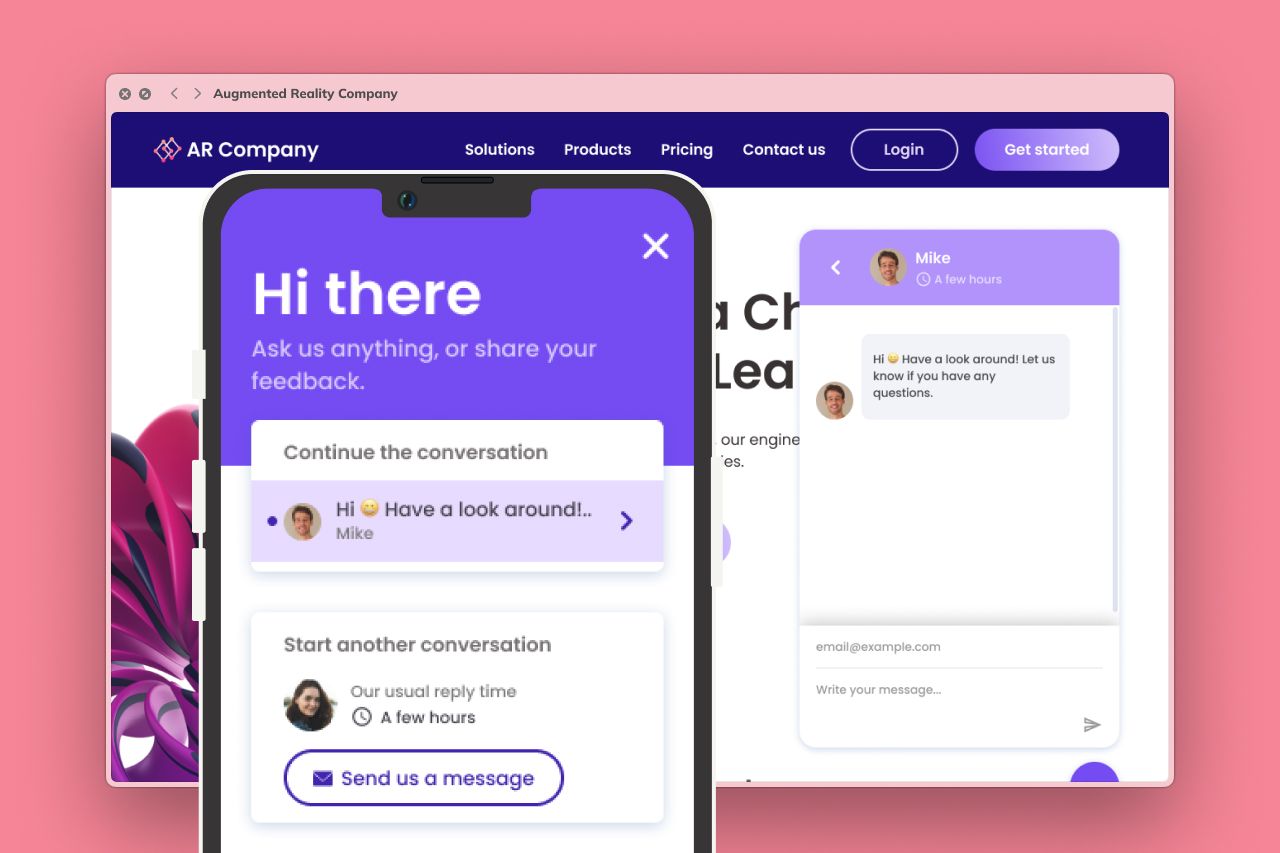
Modern B2B portals go far beyond tracking and conducting transactions. Bring your wildest ideas to us, and we’ll surely find a way to translate them into reality.
So, if you’ve been pondering over B2B and B2C portal development, turning your traditional B2B company into an eCommerce portal, or longing to create a B2B marketplace, it’s just about time.
Take the first step towards your dream and contact us to learn more about B2B portal development services provided by Fively!




